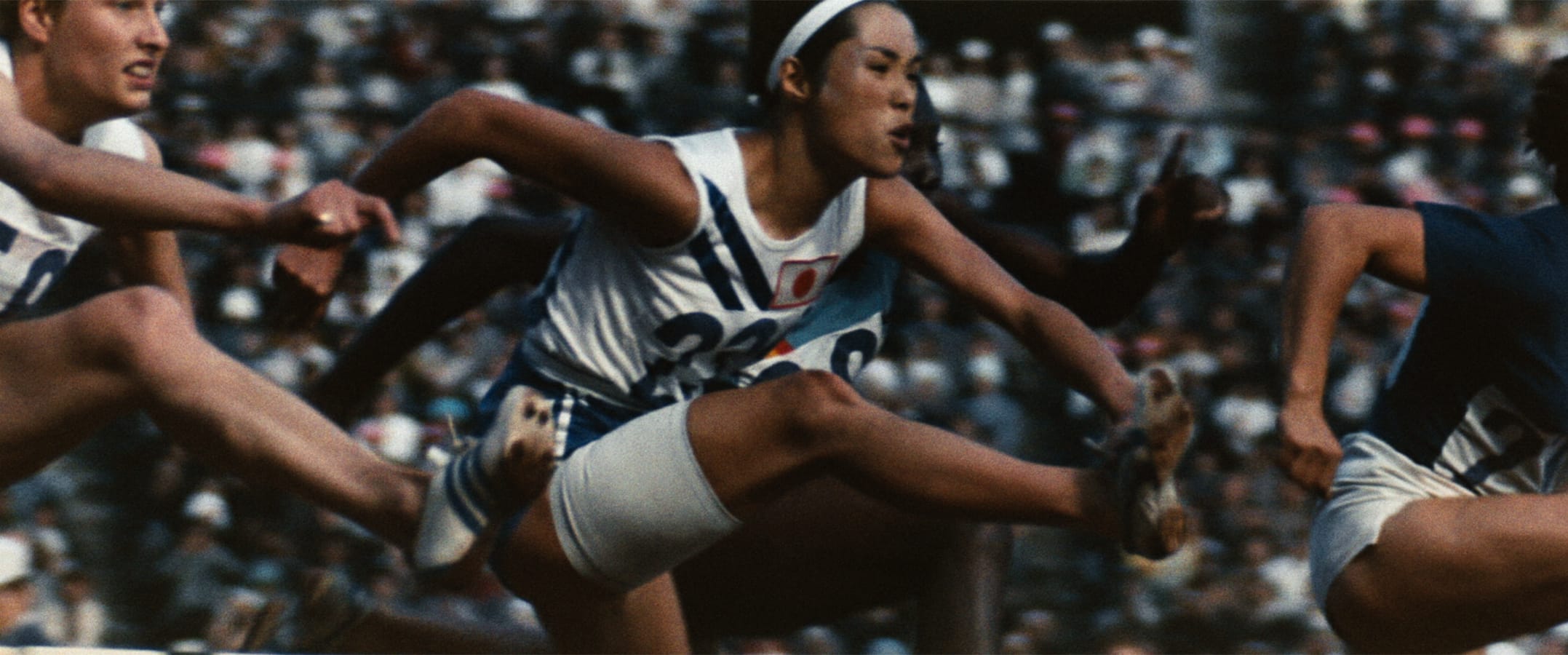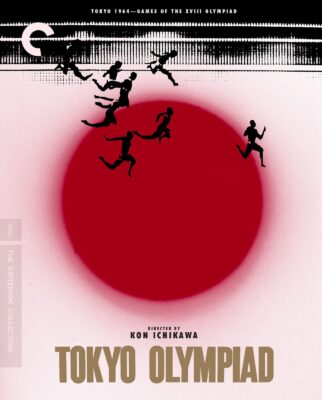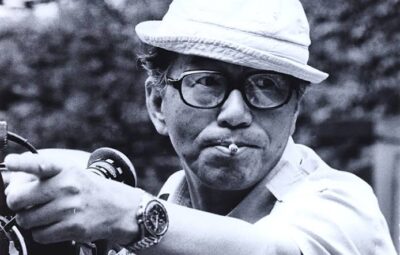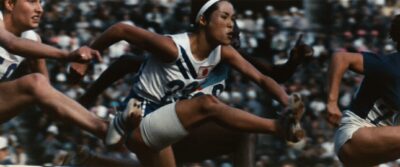Tokyo Olympiad (film screening)

- This event has passed.
August 13th, 2025 @ 6:00 pm - 9:15 pm EDT
Details » Click here to register »

 Tokyo Olympiad
Tokyo Olympiad
東京オリンピック
Wednesday, August 13, 6:00PM (ET)
Doors open 5:30PM | Film Screening | In-Person | JFT Event Hall
Directed by ICHIKAWA Kon • 1965 • 169 minutes + intermission • Presented in Japanese with English subtitles • A clip
60th anniversary screening!
Commissioned to document the 1964 Tokyo Olympics, Ichikawa surprised officials by highlighting not just athletic triumphs, but fleeting, emotional, and often intimate moments of struggle, camaraderie, and beauty. The film also pays as much attention to the crowds and workers as it does to the actual competitive events.
Considered by many as one of the greatest sporting movies of all time and winner of two BAFTA awards, Tokyo Olympiad remains a landmark achievement—not only as a record of a historic event, but as a poetic meditation on the essence of sport and humanity. The film was also a box office hit, holding the record for the highest-grossing film in Japan in terms of box office admissions for many decades.
There will be a 15-minute intermission during the film.
Tokyo Olympiad is part of our Body & Soul: Japanese Sports Cinema series.
Free admission. Register below.
 Director Profile:
Director Profile:
ICHIKAWA Kon (市川 崑, 1915–2008) was a remarkably versatile filmmaker whose career spanned over 40 years and included many critically acclaimed works across genres, from biting satire and poignant drama to historical epics and documentaries. Ichikawa started his film career in the animation department of a local film studio, and later moved to the feature film department as an assistant director when the company closed its animation department. In the early 1940s, Ichikawa moved to Tokyo to work for the Toho Film Company after the merge of the studios. He made his debut as director with A Thousand and One Nights (1947) with Toho. It was at Toho that he met WADA Natto, a translator and screenwriter. They got married and started to collaborating on multiple films.
The period 1950–1965 contains some of Ichikawa’s most highly respected works. With Tokyo Olympiad (1965), he redefined the sports documentary genre, shifting focus from nationalist spectacle to individual human stories. He also gained Western recognition during this period with two anti-war films, The Burmese Harp (1956) and Fires on the Plain (1959), and the period-piece An Actor’s Revenge (1963) about a kabuki actor.

